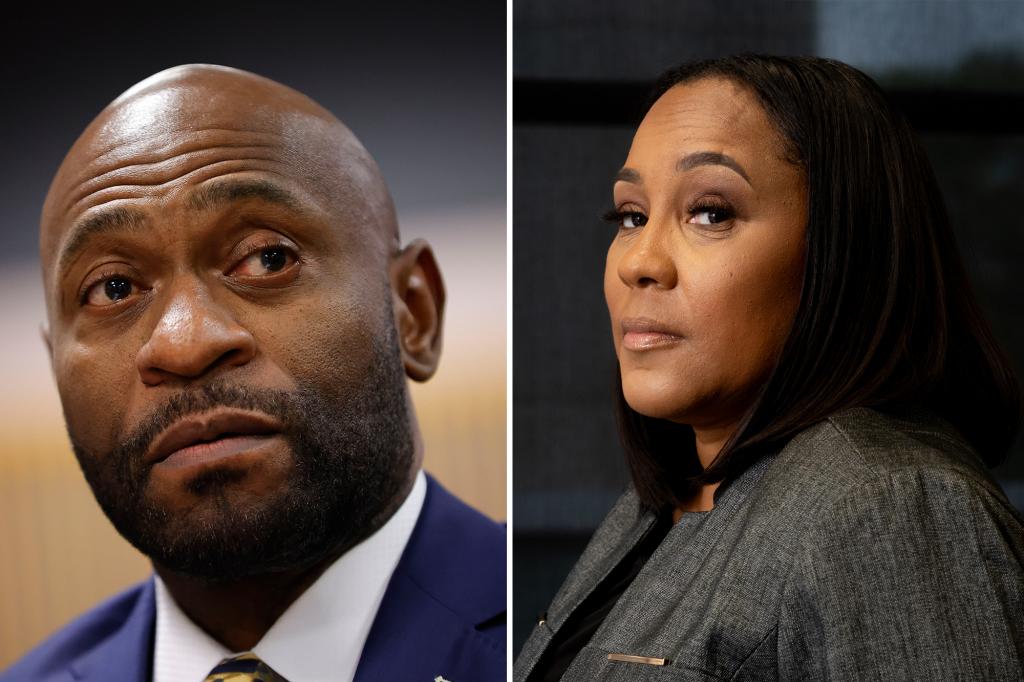Former Trump prosecutor Nathan Wade made a public defense of his workplace romance with Fani Willis, the Fulton County district attorney, although he admitted that they did discuss how their relationship could potentially impact their case against the former president. Wade insisted that their relationship was professional at first and developed over time. He claimed that the romantic involvement was not intentional and that they kept their personal lives private, believing that it had no place in the courtroom. Wade stated that they took steps to protect the sanctity of the case when it seemed like their relationship could become an issue.
Despite acknowledging the potential risks involved, Wade and Willis maintained that they ended their relationship in 2023. Wade was seen at Willis’ victory party after she won the Democratic Fulton County DA primary race, indicating that their parting might have been amicable. However, in February, Wade was forced to resign from the Trump case by a judge due to the perceived conflict of interest. Wade expressed his disagreement with the judge’s decision, describing the language used in the order as unfair. He suggested that cultural differences or misunderstandings could have played a role in the judge’s perception of their relationship, emphasizing that he believes he was removed from the case unnecessarily.
Wade’s appearance on MSNBC’s “The ReidOut” shed light on the complexities of his situation and the fallout from his relationship with Willis. Despite their efforts to keep their personal lives separate from their professional duties, the impact on their work became a significant concern. Wade’s assertion that their relationship was unintentional and that they took steps to address any potential issues with the case highlights the challenges faced by public figures in maintaining professionalism in the face of personal relationships. The aftermath of their involvement demonstrates the scrutiny and consequences that can arise when personal matters intersect with high-profile legal cases.
The controversy surrounding Wade’s resignation from the Trump case underscores the ethical dilemmas that can arise in legal proceedings, particularly when relationships between key individuals involved in the case come under scrutiny. Wade’s defense of his actions and his criticism of the judge’s decision to remove him focus on the perception of impropriety rather than concrete evidence of wrongdoing. The broader implications of his situation shed light on the challenges faced by legal professionals in navigating professional responsibilities and personal relationships in high-pressure environments. The impact on the case against Trump and the subsequent political implications of Wade’s removal highlight the complexities of balancing legal integrity and personal connections in the public eye.
In navigating the fallout from his romantic involvement with Willis, Wade raised questions about the fairness and appropriateness of the judge’s decision to remove him from the Trump case. His claims of cultural misunderstandings and the potential for unjust consequences point to broader issues of bias and judgment in legal proceedings. Wade’s efforts to defend his conduct and salvage his professional reputation speak to the complexities of managing personal relationships in the legal profession and the potential consequences of perceived conflicts of interest. The ongoing repercussions of his actions and the scrutiny he faces serve as a cautionary tale for legal professionals grappling with the intersection of personal and professional boundaries in high-profile cases.


